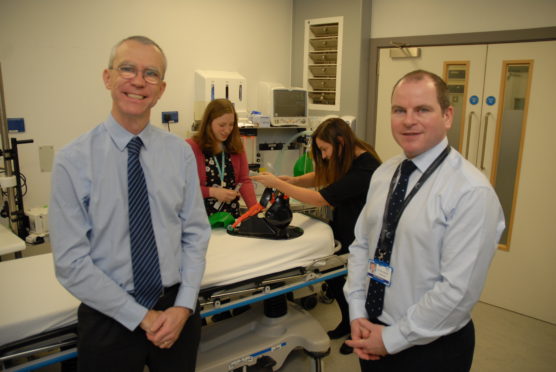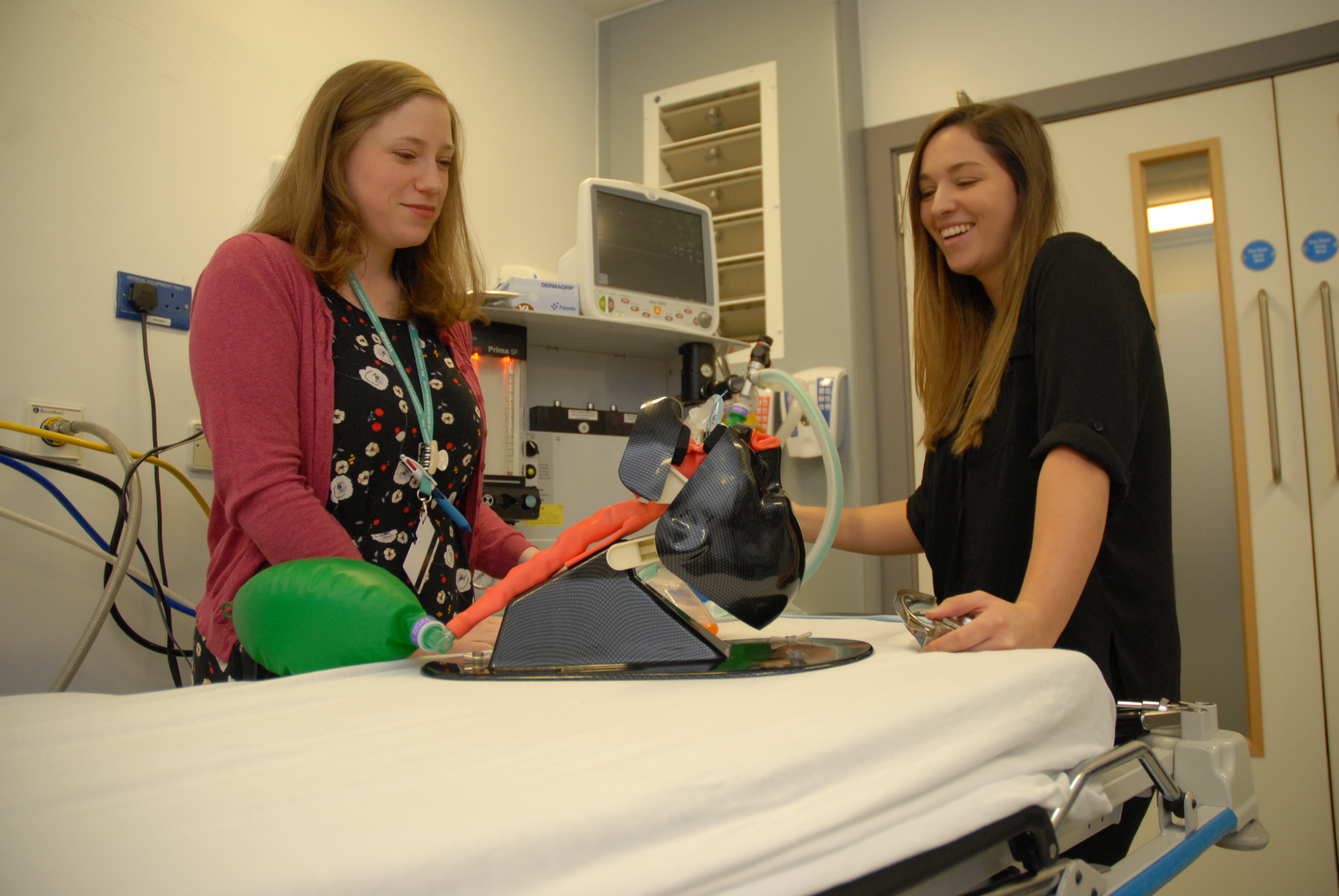NHS Grampian has been praised by national education chiefs for the standard of training it provides in its anaesthetics department.
Scotland Deanery – which is responsible for managing training and training programmes across the country – visited the anaesthetic department at Aberdeen Royal Infirmary on December 5.
>> Keep up to date with the latest news with The P&J newsletter
In a report, the visit panel said: “The department is highly supportive and has a clear focus on training.
“There is a strong comprehensive induction that includes trainees who join out with the usual times.
“There are good mechanisms in place for trainees to be involved in senior staff meetings and training committee meetings.”
Scotland Deanery also praised “an adaptable approach to ensure trainees’ needs for training progression are being met” and “strong quality improvement leadership”.
Consultant anaesthetist at ARI and tutor for Royal College of Anaesthetists, Dr Paul Bourke said: “NHS Grampian staff work exceptionally hard to ensure vital information, skills and experiences are passed on to our trainees to ensure patient care remains at the highest possible standard.
“A lot of people work very hard to develop our really good training programme here in Aberdeen.”
The visit panel concluded that no revisit to the department – which has a patient catchment area of around 600,000 – was required.
Anaesthetic trainee Dr Anna Celnik said: “I would recommend training at Aberdeen to others. It’s great for anaesthetics training, we have every kind of speciality here that you could really want to do and a really excellent social side to the department as well.”
However, the panel did find three “less positive” aspects in the department’s work.
These included the need to identify the difference in levels of trainees and an “opportunity to further develop the continuing medical education sessions to include multi-disciplinary simulation-based training”.
The other issue involves changes to electronic handover notes.
Dr Alastair McDiarmid said: “We noted the areas found to be ‘less positive’ by the panel and work was already well under way ahead of the visit to devise and implement improvements in these three areas which in no way affect our patients’ experiences.
“We continually look for ways to further and innovative ways to improve our already excellent training methods.”

